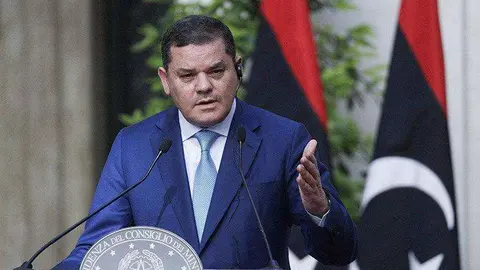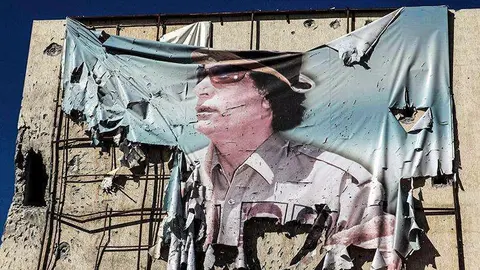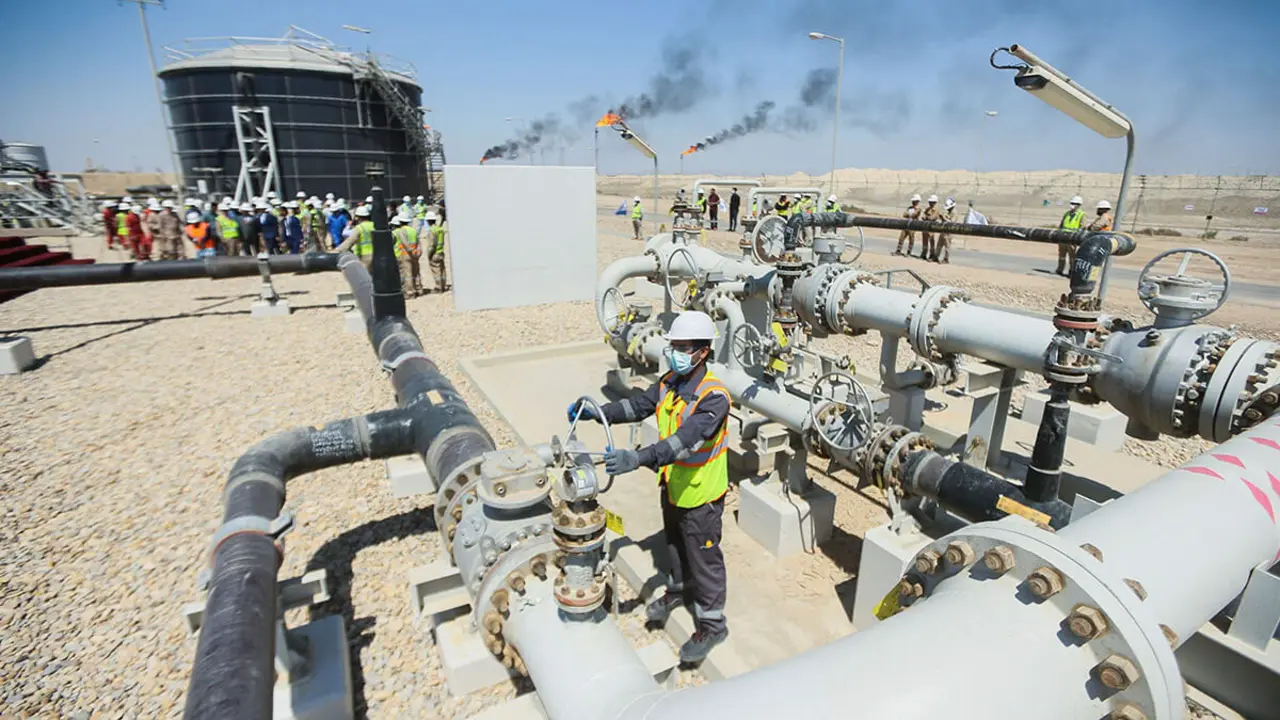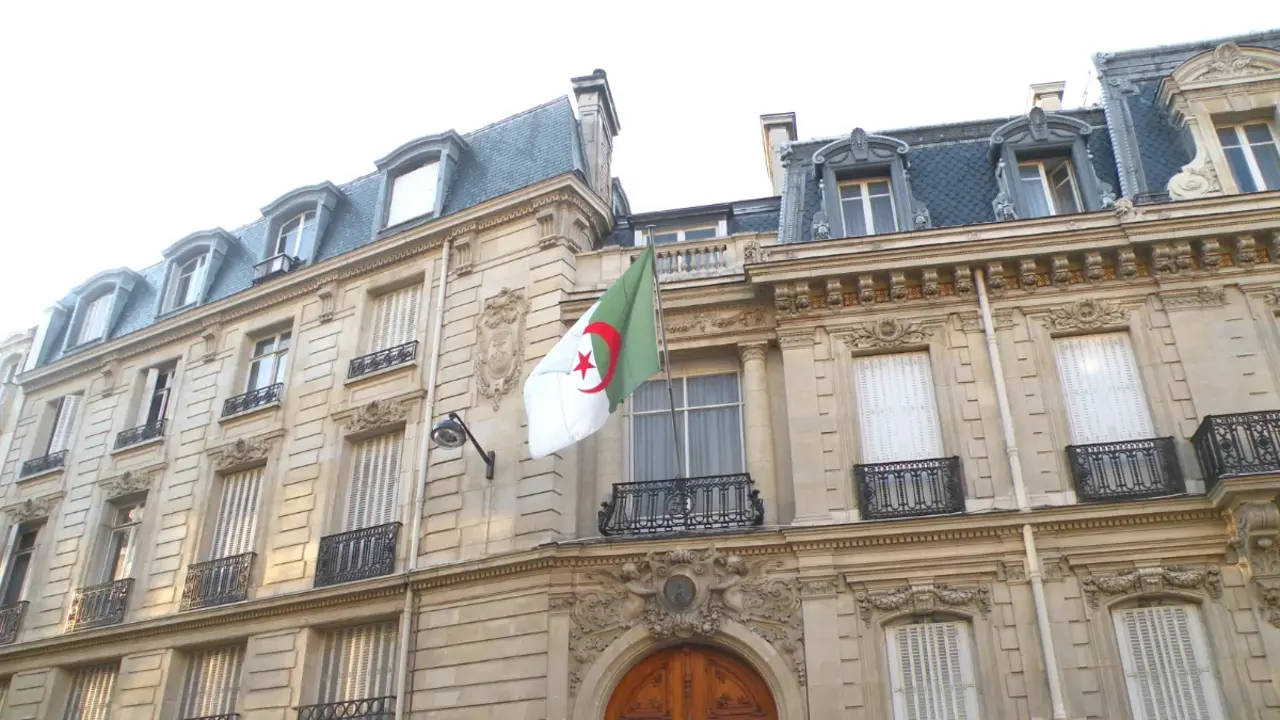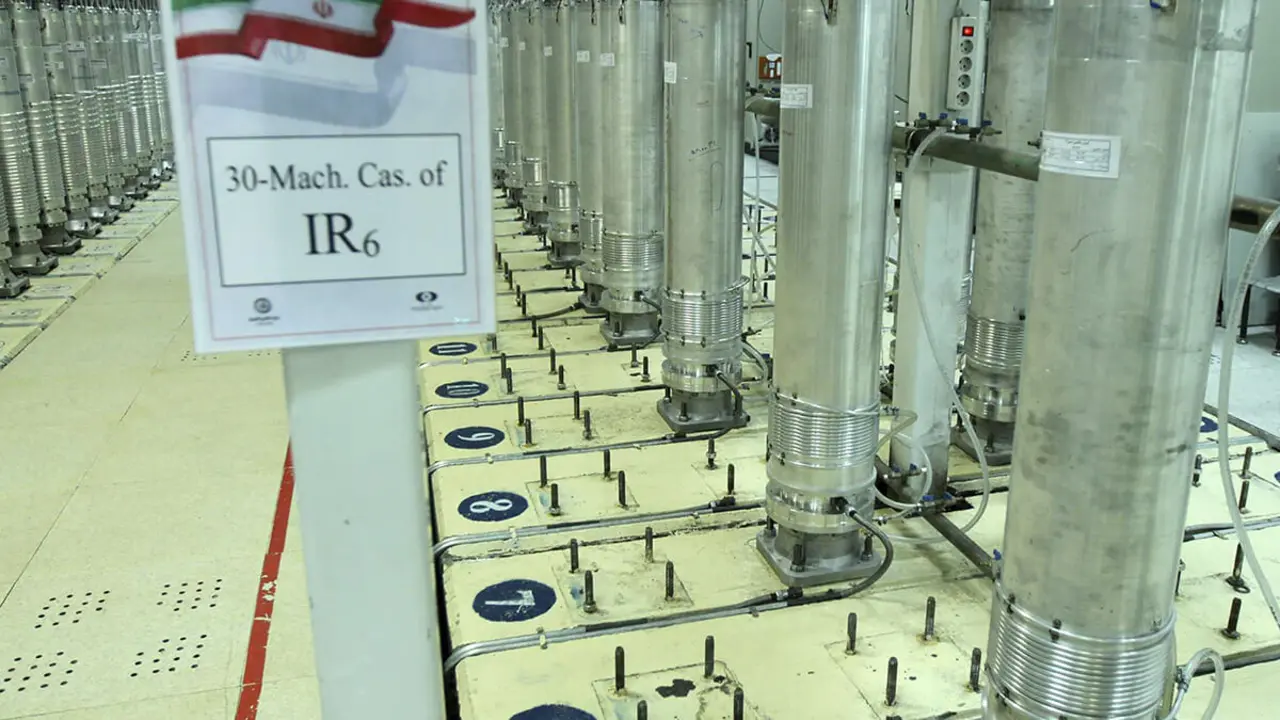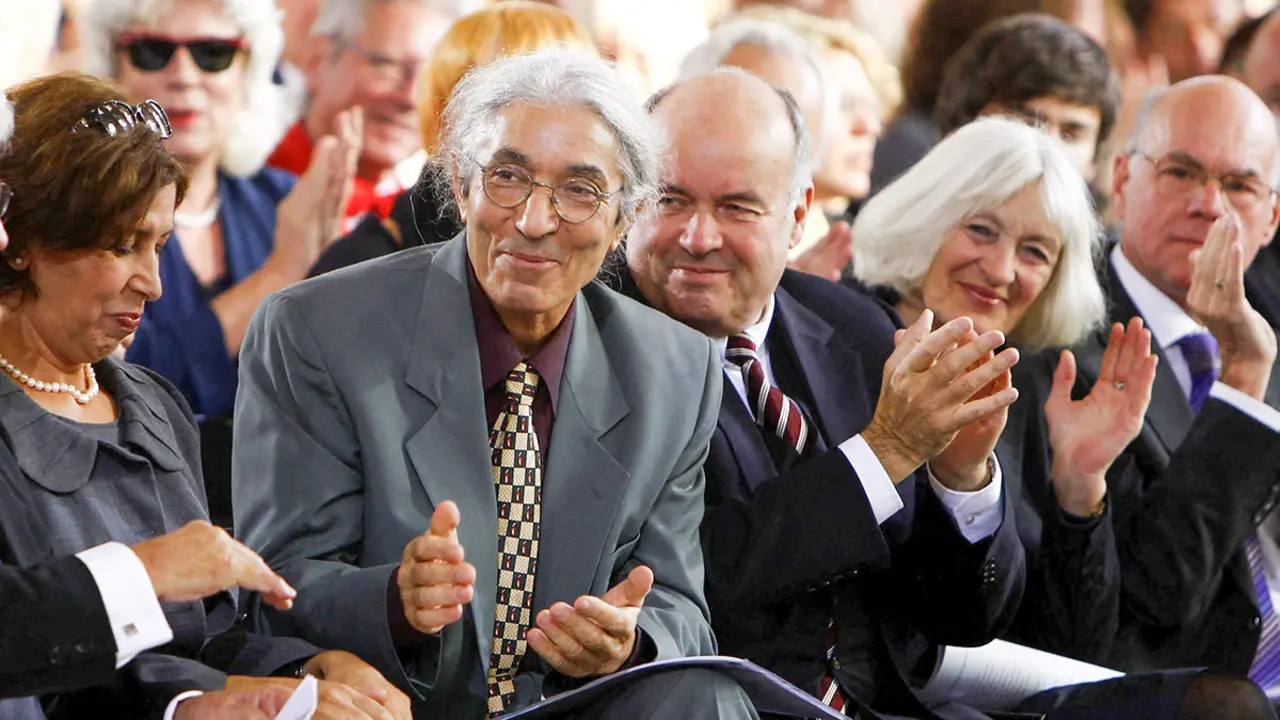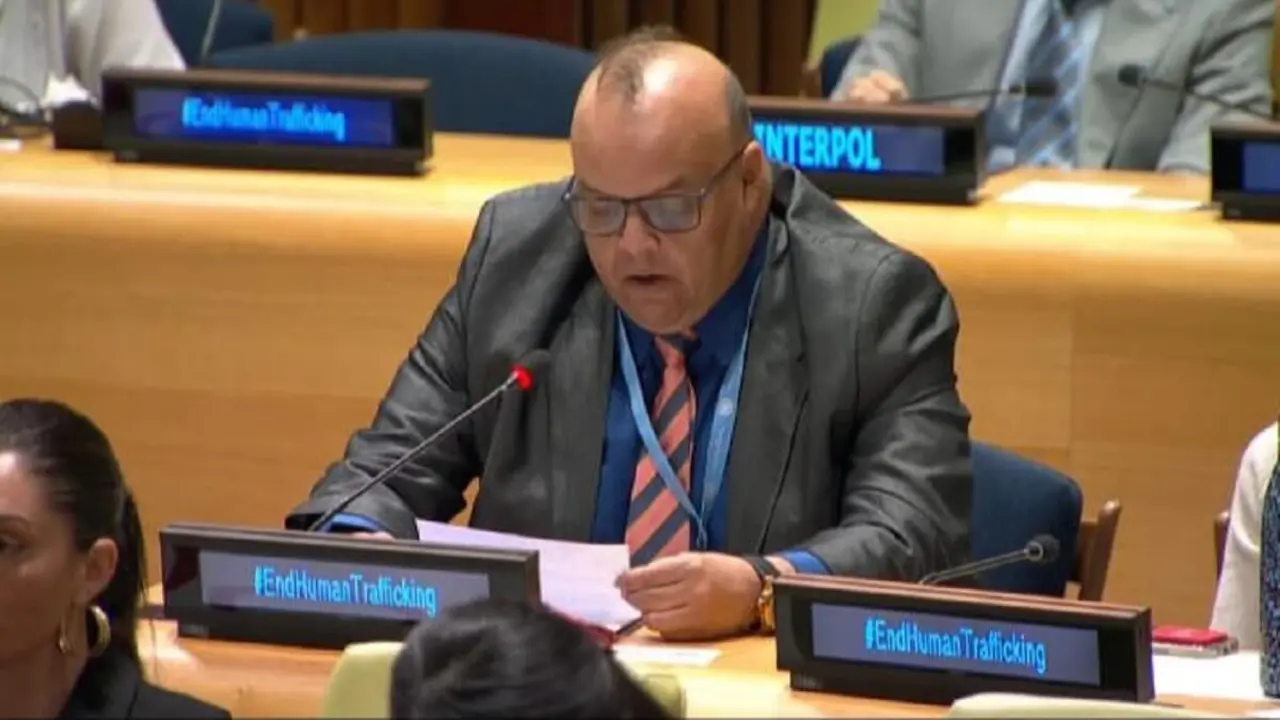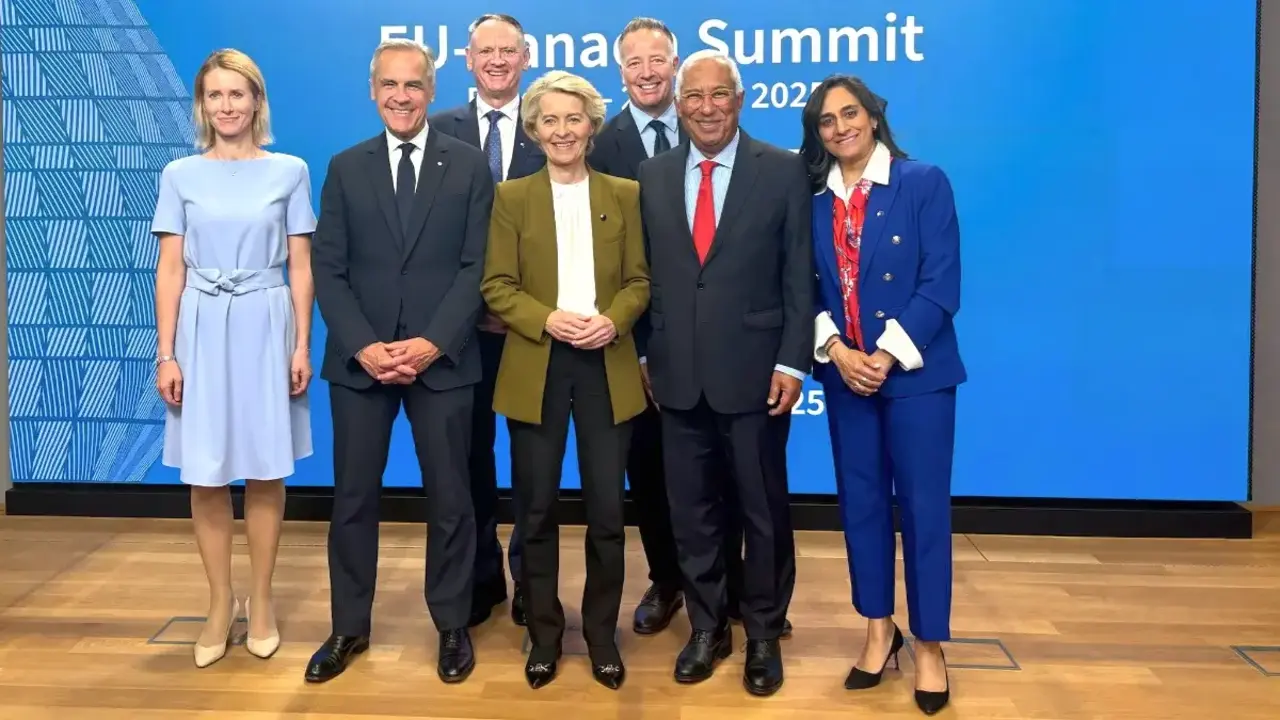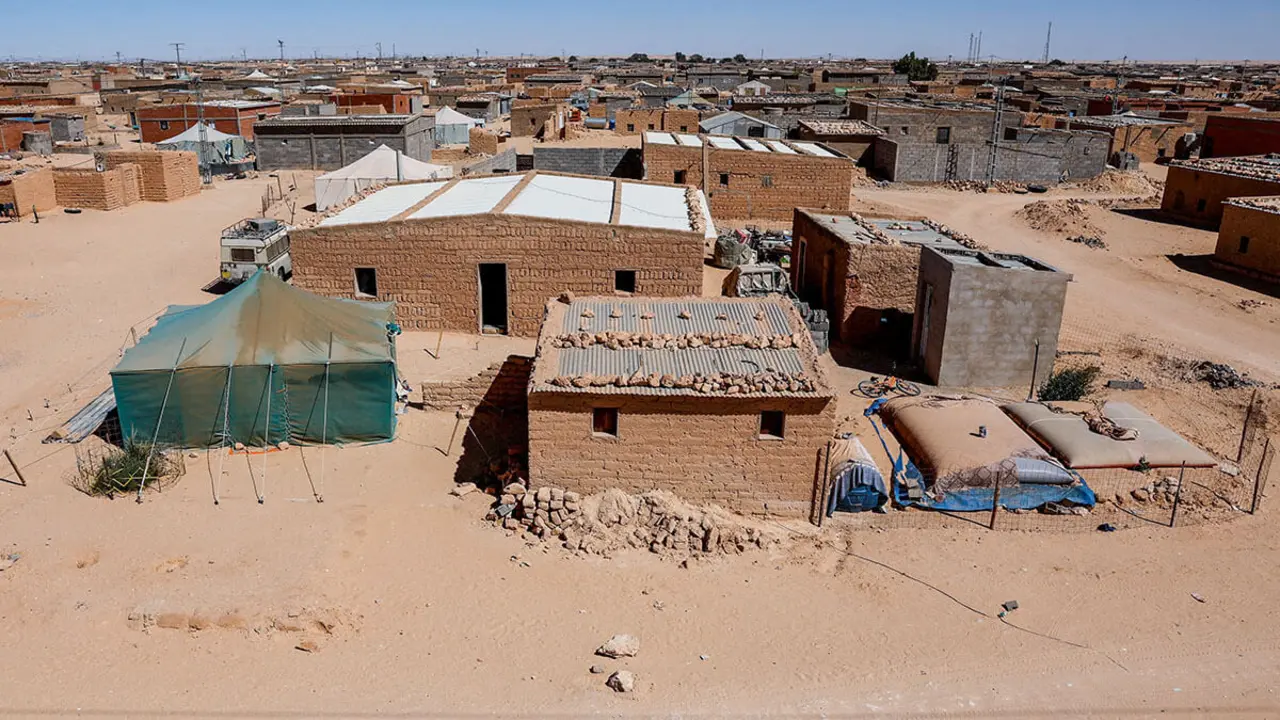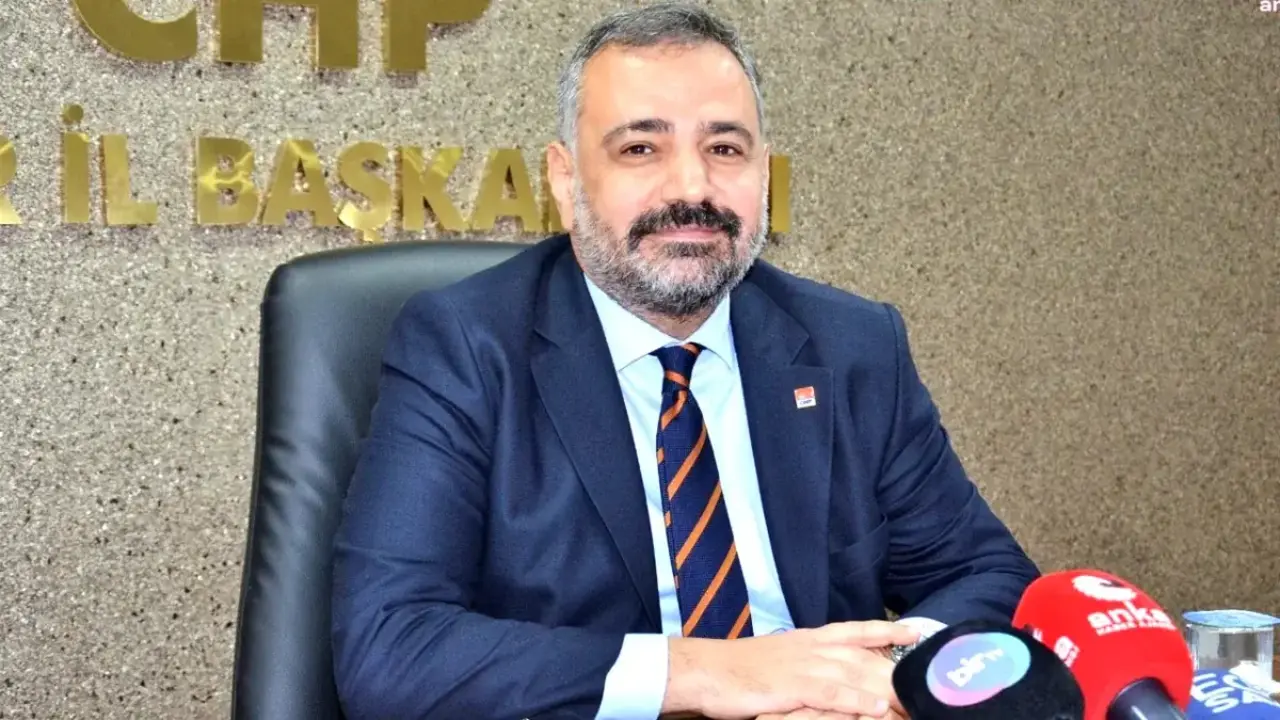West welcomes Libyan parties' agreement on draft electoral laws with open arms

The Embassies of France, Germany, Italy, the United Kingdom and the United States praised the efforts of the P6+6 - Libyan Joint Committee - to reach an agreement on the draft electoral laws in a joint communiqué they published, as reported by Al-Ain, on their main websites. Also, to promote stability in the North African nation, the UAE joined, along with the Western goodwill, in welcoming the adoption of the electoral laws in Libya.
"We welcome UNSMIL's (United Nations Support Mission in Libya) commitment to continue to work with all relevant Libyan institutions and actors to facilitate the process of addressing all disputed elements in the electoral framework, secure essential political agreement towards the path to elections and allow a level playing field for all candidates," the statement read.

The statement continued: "We urge all actors to engage constructively with Abdoulaye Bathily, Special Representative of the UN Secretary-General, to ensure the necessary political, security and legal environment for the elections". The UAE applauded Thursday's agreement on legislation governing presidential and parliamentary elections in Libya as a means to end the crisis and improve security and stability.
In line with the outcomes of the Roadmap, the Security Council resolutions and the ceasefire agreement, the UAE Ministry of Foreign Affairs reiterated its firm position to call for the resolution of the conflict in Libya and its full support for what preserves the security, stability and unity of the North African country. This is necessary to ensure the success of the elections and the aspirations of the benevolent Libyan people towards development and stabilisation.

The agreement between Libyan parties on the laws and regulations necessary for a successful electoral process was announced on Wednesday by Moroccan Foreign Minister Nasser Bourita. He added that meetings between Libyan parties led to an important agreement on the upcoming presidential and parliamentary elections. The so-called 6+6 Libyan Joint Committee called for a unified government between the parliament and the High Council of State to oversee the electoral process.
The Committee has been meeting in Morocco since Monday to develop electoral laws to convene elections. When agreement was reached on the election of the head of state, the House and the participation of political parties, the 6+6 committee, made up of representatives of these two chambers, denied pressure and proposed holding the elections within 240 days. Omar Boulifa, leader of the High State Council delegation, explained that after its indefinite suspension in December 2021, the elections are likely to be held early next year instead of this year, as originally planned in 2023.

With the help of the UN, Libyans hope to hold elections this year in order to end a crisis caused by a power struggle between the government that the House of Representatives (parliament) appointed early last year with Fathi Bashagha who was replaced by Osama Hammad, and the outgoing Government of National Unity (GNU) led by Abdul Hamid Dabaiba, which will not relinquish control unless a new executive is established through a newly elected parliament. The country has not held presidential elections and the most recent legislative elections were called in 2014 after more than 12 years of transition that has been repeatedly held up by political divisions and armed conflict.

Meetings of the "6+6" Joint Committee, established by Libya's House of Representatives and the so-called Council of State, were held in Morocco in an effort to resolve outstanding issues preventing the realisation of constitutional rights. The talks between the Libyan brothers were not easy, but wisdom and responsibility won out, according to Bourita, who emphasised that the Libyan parties will formally sign the agreement in the coming days in front of the House of Representatives and the presidents of the House.

